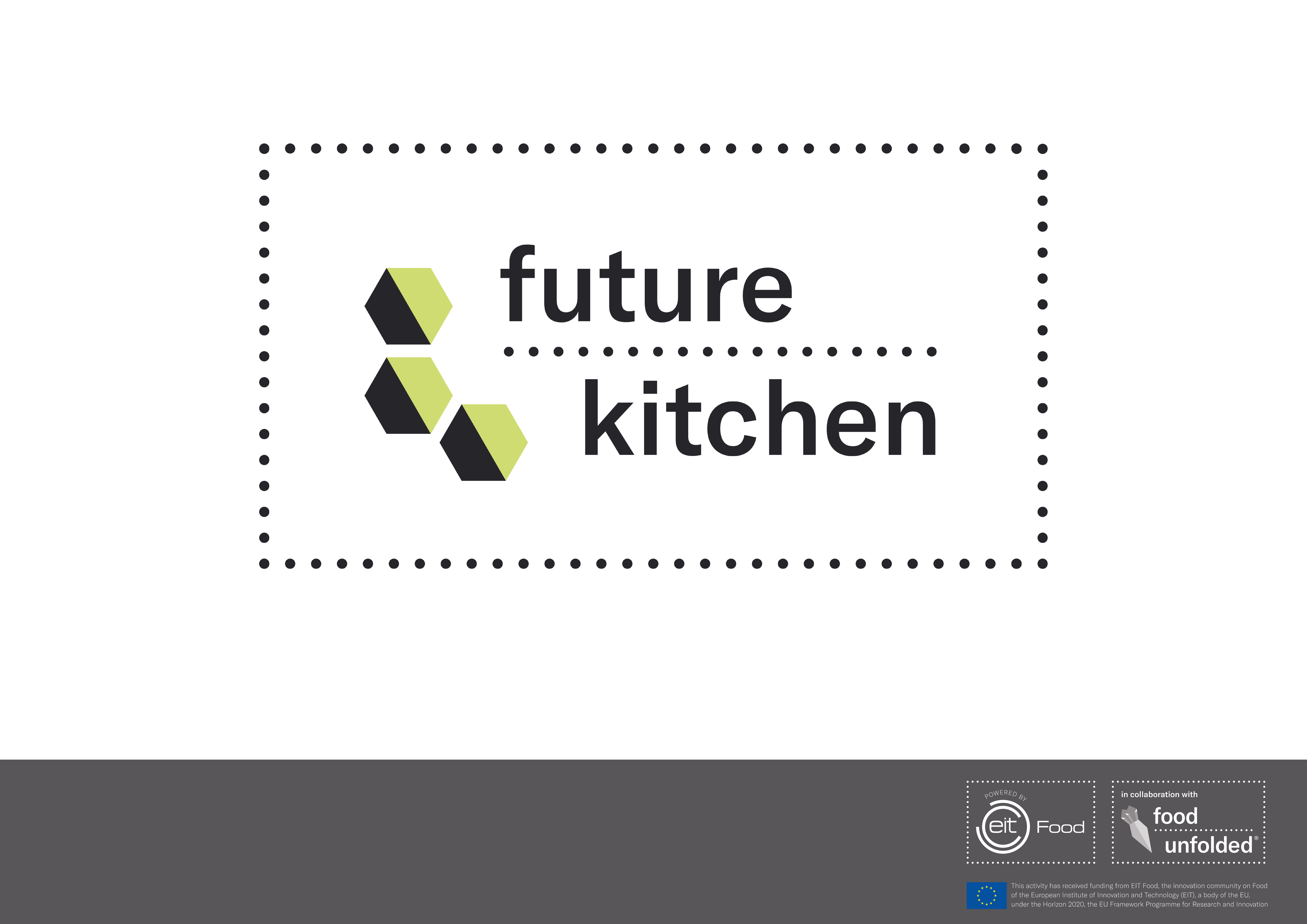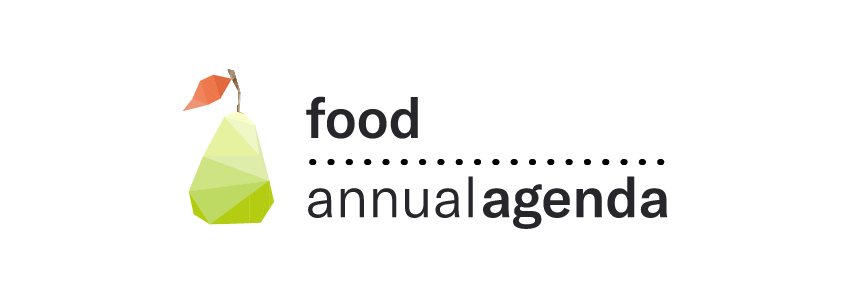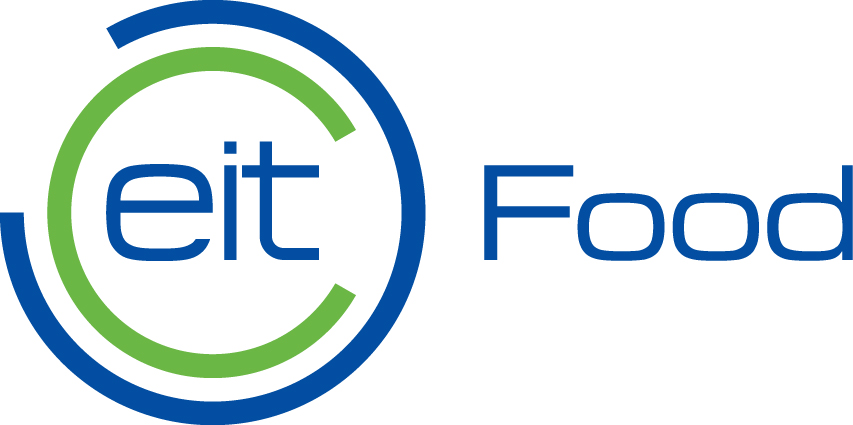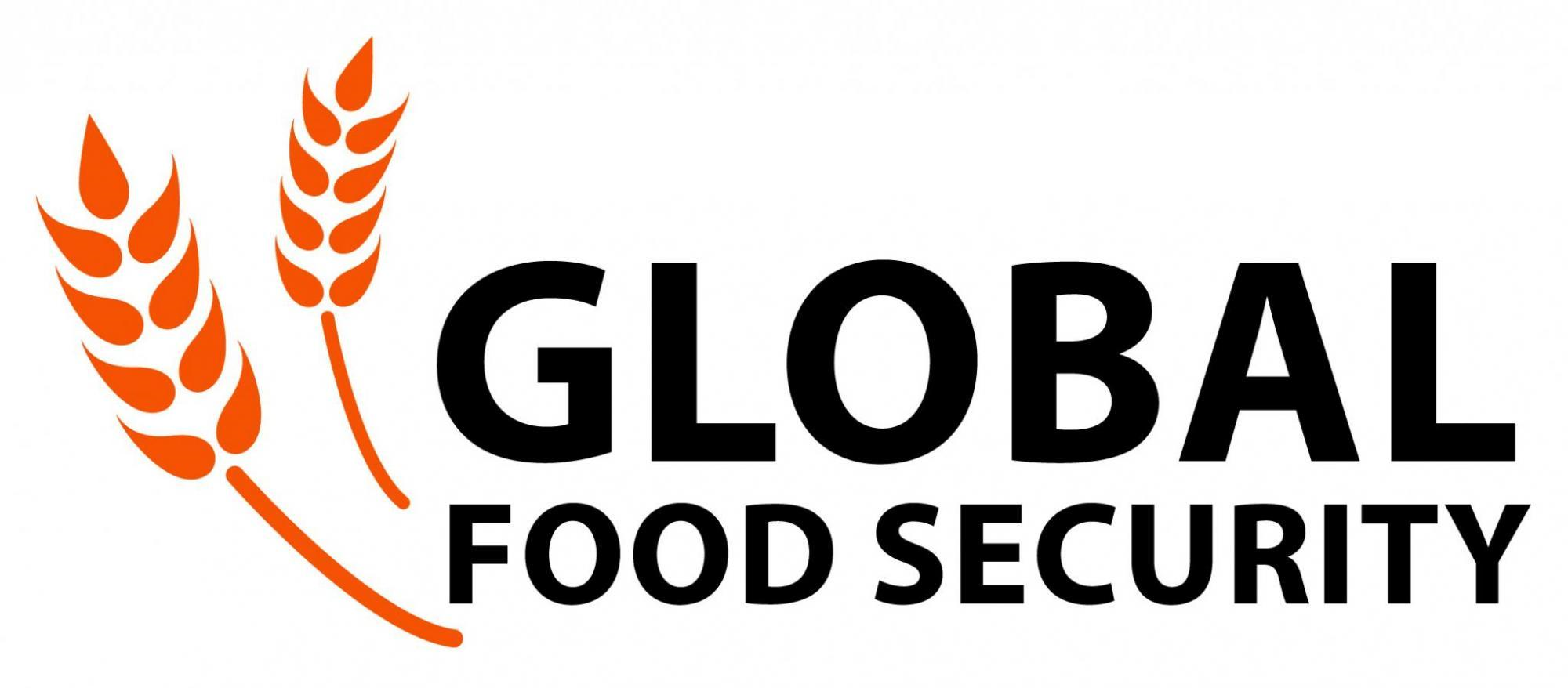
The University is a founding partner of EIT Food, established in 2017 with the aim of putting Europe at the centre of a global revolution in food innovation and production.
Involving education programmes, translation of research into practice, and support of entrepreneurship, it aims to engage consumers as it works to improve nutrition and make the food system more resource-efficient, secure, transparent and trusted. EIT Food is a consortium of 55 partners from leading businesses, research centres and universities across 13 European countries.
Find out more about EIT Food:
Cambridge's EIT Food Projects in 2020
Innovation
Favaleux: Developing Fava bean as a sustainable source of high quality protein for food, through optimized genetics, farming & processing
Lead Partner: University of Cambridge
University of Cambridge lead: Howard Griffiths/Tom Wood. Co-lead Jag Srai. Sub-contractor expertise: Faba bean genetics – NIAB, Cambridge.
Department/Institute: Plant Sciences/Engineering
Favuleux will develop solutions to enhance up-scaled production of elite fava bean crops, selecting preferential varieties and improving field agronomy to supply bespoke feed-stocks to industry, facilitating the up-scaling of processing and production of high-quality plant-based protein isolates for prototyping in new, innovative ingredients as alternatives to dairy proteins in food, bringing new, nutrient-superior products to the market place. Prototype fava based beverages will be trialled with consumer panels, facilitating co-design of new nutritionally improved legume products, demonstration of superior performance over conventional animal-based options, and promoting confidence and transparency in novel sustainable food supply chains, from an end-to-end perspective. The project will support increased uptake and utilisation of fava proteins by creating a framework and a digital supply network modelling toolkit on which to guide the design and configuration of efficient fava bean supply network operations and help establish effective models for ensuring sustainability and consumer centricity in agricultural production systems.
The development of organic supply chains that drive fair, transparent and healthy options for the consumer
Lead Partner: Queen's University Belfast
University of Cambridge lead: Jag Srai
Department/Institute: Engineering
The organic food supply system in Europe must rank among one of the most important in terms of trust. Our citizens make purchasing choices around organic food based on a wide range of issues which include sustainability, ethics, food safety and nutrition. On a global basis the amount of fraud occurring in the organic supply system is growing rapidly and issues are appearing on a weekly basis. The potential to totally undermine citizen trust in organic food is a real and present danger. We have an enormous opportunity through EIT Food to implement a number of cutting edge technologies that will make the organic food system much more resilient to fraud, much more transparent and drive the safety and micronutritional aspects of the system.
MIDSA - MIcroencapsulated Diets for Sustainable Aquaculture
Lead Partner: University of Cambridge
University of Cambridge lead: David Aldridge
Department/Institute: Zoology
This proposal builds on a highly successful EIT Food project that began in 2019. We have developed a highly nutritious feed product for bivalves (mussels, clams, scallops and oysters), in the form of microencapsulated particles, and known as BioBullets. This feed promises to increase bivalve hatchery production rates through uplift in the quality of broodstock and higher survival and growth of juveniles. By using a powdered diet, there is no need for a hatchery to produce their own cultures of live feed (algae) which can be very expensive and unreliable. The nutrients that we put inside our artificial diets come from the ‘side streams' of existing aquaculture systems, making our super-food especially sustainable through a circular economy. During 2019 we demonstrated at the pilot scale that we can manufacture particles that are edible to oysters and mussels and which can result in positive growth. In this continuation project we plan to demonstrate full commercial scalability. This will involve i) a commercial production run of mussel larvae and broodstock to compare growth and survival with mussels fed on conventional diets; ii) optimisation of feed concentrations to maximise growth and minimise wastage; iii) commercial production of a reliable, standardised artificial diet; iv) determination of optimal packaging and storage needs; v) full economic viability anlaysis; vi) consumer panel testing to ensure acceptability to end-users.
Business Creation
EIT Food Accelerator Network FAN
Lead Partner: EIT Food IVZW
University of Cambridge lead: Shima Barakat
Department/Institute: Engineering
The existing EIT FAN (Food Accelerator Network) programme currently operates in five acceleration hubs based in UK, ES, CH, IL and DE. In 2020 the network expands to a sixth location in Finland thereby enabling greater business impact from European research and innovation. The number of startups accelerated will be increased from 50 to 60 in 2020. Application and selection of agrifood startups will be managed on a centralized IT platform. Selected startups benefit from a structured 4 month programme with expert coaching from EIT Food partner companies, investors, and experienced entrepreneurs. The programme runs in parallel in all of the six acceleration hubs. At the end of the programme, startups can compete for 3 financial prizes. Graduates of the EIT FAN are invited to apply for the Rising Food Stars association. Hereby they become part of the EIT Food ecosystem and contribute to EIT Food’s overall innovation strategy.
MAKE-IT! An infrastructure to hack simpler and smarter food value chains
Lead Partner: University of Cambridge
University of Cambridge lead: Shima Barakat
Department/Institute: Engineering
Creating smarter and simpler food value chains across Europe requires an infrastructure and capacity to stimulate and support innovation and entrepreneurship. This project aims to develop these through: 1. Using existing information and industrial challenges to inform the hackathons around specific food industry chains. 2. Designing and delivering a series of hackathons across Europe where different stakeholders come together to find solutions to identified industry challenges in specific value chains. 3. Convening a network of maker spaces that offer sustained space for hackings and further prototyping resources. 4. Training professionals to build capacity in delivering hackathons and related activities, be able to develop entrepreneurial capabilities across the food value chain in Europe.
Communication
The FutureKitchen Virtual Reality and EatingHealthy Video Infotainment Series
Lead Partner: Matis
University of Cambridge lead: Howard Griffiths. Co-lead Queralt Gonzalez-Matos. Coordinator Abigail Youngman.
Department/Institute: Plant Sciences/Sainsbury laboratory - TBC
Creative Infotaining is the future of knowledge transfer and co-creation among the younger generations (Millennials, iGeneration). The FutureKitchen Series, launched on FoodUnfolded in 2019, sets out in 2020 to further encourage and inspire a food system connection, increased consumer trust, and greater interest in food careers. New, exciting immersive content will encourage learning, co-creation and co-dialogue, questions and curiosity, and sharing through a blend of infotaining (virtual reality (VR), video, and animation content on food sustainability, the food journey from farm/marine to fork, eating healthy and cooking, and food sector innovation. In 2020, the series will not only communicate and educate through content involving future kitchen devices (3D food printing, personalized baking systems) but will incorporate other RisingFoodStars (RFSs), with emphasis on heath and nutrition, robotics, personalized diets/ metabolomics, food mindfulness, alternative foods and proteins (plants, algae, and insects) and food processing. The series aims to provide an immersive, fun, consumer connection to food, technologies, food waste, careers and entrepreneurship. The series will provide for an unforgettable experience, in which knowledge is retained and applied to gain consumer trust, and co-created change with academia, start-ups, and industry partners to create a honest, impactful, holistic food story.
The #AnnualFoodAgenda
Lead Partner: Universidad Autónoma de Madrid
University of Cambridge lead: Howard Griffiths. Co-lead Queralt Gonzalez-Matos. Coordinator Abigail Youngman.
Department/Institute: Plant Sciences
The 2020 Annual Food Agenda project aims to engage consumers in a series of interactive outreach events across several countries, using co-creation and educational approaches. These events will cover some of the food topics aligned with EIT Food Strategic objectives, to make sure that food is valued throughout society.This project encourages consumers to embark on a trustworthy food journey, in which they will better understand some topics such as healthy nutrition and food sustainability. The project aims not only to empower future generations of consumers, but to inspire them to consider careers which are food related. In 2020, the participation of new partners will allow an increase in the scope and resonance of the events in a larger area of Europe.The project’s main goal will be to continue designing activities that encourage debate among academia, industry and consumers, so that we are able to gain the trust of consumers and convert them into active players as change agents.The project will target young people, families and food stakeholders.
Education
Venture creation as part of food related trade and scientific events III
Lead Partner: Matis
University of Cambridge lead: Shima Barakat
Department/Institute: Engineering
Matis ohf, University of Cambridge Institute of Animal Reproduction and Food Research in Olsztyn (IARFR) Poland and VTT will run a venture creation workshop connected to a scientific event or fair Finland in 2020. The participants will learn the art of creation by building and testing their own strategy instead of listening to theory as well as having the opportunity to find others to launch a start up with. It addresses the needs of students from RIS countries. The proposed action addresses the challenge of improving entrepreneurial culture, gaps in talents and skills of university graduates as well as well as insufficient adoption of emerging technologies. There is an opportunity to get more impact out of food related scientific events by linking them to “Venturing Schools". The aim is also to “outsource” the Venturing School and make it financially sustainable under the umbrella of EIT Food so other interested partners could carry on this activity in the future.
WE Lead
Lead Partner: University of Cambridge
University of Cambridge lead: Shima Barakat
Department/Institute: Engineering
Women continue to be under-represented in leadership positions within academia, big business and start-up ventures. The representation in the sciences and technology is even more dismal with as little as 7%-9% women tech entrepreneurs in countries in Europe. The reasons are many and complex but one significant reason is that women often do not feel that entrepreneurial leadership is for them. WE Lead professionals women in Leadership positions, or aspiring to Leadership positions, an opportunity to explore and develop both their entrepreneurial and leadership self and build a network of likeminded women leaders across the Food sector. WE Lead is designed around interactive sessions that unlock and develop the entrepreneurial mindset and capabilities of the participants in the context of leading in the complex and changing food sector be it in academia, corporate or start-up setting. The experiential component will be complemented by a leadership development plan and a mentoring programme to challenge and progress each participant's development plan.
IValueFood
Lead Partner: Queen's University Belfast
University of Cambridge lead: Dan Jenkins
Department/Institute: Sainsbury Laboratory
WeValueFood (3 yr project) will enhance consumer health and support the European Agri-food economy by improving future generations’ knowledge of, and engagement with, food. Novel approaches will be used to engage with next generation audiences: students from primary to tertiary education. Following a pan-European inventory of current tools and resources; novel engagement and education approaches (e.g. gamification, txokos, food interest groups/collectives, “twinning”, science meets food) will be used to produce our future food champions who will communicate food values through digital media platform(s) of their choosing. WeValueFood will be supported by a pan European network of high profile food ambassadors and stakeholders. Industry will "relearn" to engage with our youth on food values. The project will be scaled-up across Europe, targeting regions where a greater engagement and understanding of food is needed in order for the next generations to make the best choices of the food they eat.
Future Food Ventures: Creating sustainable value propositions
Lead Partner: University of Cambridge
University of Cambridge lead: Shima Barakat
Department/Institute: Engineering
Future Food Ventures must be innovative, consumer-centric and create value that is truly sustainable. This programme inspires and engages nascent and aspiring entrepreneurs in exploring the creation of such ventures. It is based on the human centred Design Thinking Approach and established tools that place sustainability at the heart of value propositions while enabling innovative business models. Future Food Ventures provides the space and opportunity, for participants to experience ideation for sustainable ideas, dealing with uncertainty, managing team dynamics, problem solving, formulating and articulating a value proposition, and building innovative and sustainable business models.
Algal Biotechnology - Techniques and Opportunities for the Sustainable Bio-economy
Lead Partner: University of Cambridge
University of Cambridge lead: Matt Davey
Department/Institute: Plant Sciences
The aim of this professional development course is to provide introductory and advanced hands-on training and theory in algal biology, culturing, growth and subsequent molecular and metabolite analysis under laboratory and small scale pilot facilities. The workshop in 2020 will run for two days at the University of Cambridge Algal Innovation Centre (AIC) followed by courses at Iceland, Germany and Southern Europe. The successful format builds on the courses run in 2018 and 2019 includes a daily programme of lecture/seminars that introduces the theory of techniques, SOPs best practice, and a demonstration of equipment and tours. The programme will provide an unrivalled opportunity for postgraduate, postdoctorate and industry researchers and entrepreneurs to be trained in algal biotechnology research and to understand the opportunities available for its incorporation in the sustainable food bioeconomy.
Professional Development Framework
Lead Partner: University of Reading
University of Cambridge lead: Shima Barakat
Department/Institute: Engineering
EIT Food's Professional Development Framework aims to provide a key resource for the food sector by creating an integrated approach to develop a skilled, innovative workforce. This activity will roll out the framework developed in 2019, and establish the certification basis for the food sector. In addition, the activity will develop two pilot programmes, one for STEM educators in the agrifood sector about entrepreneurship education, and a Mentor Academy for the coaches, mentors and experts supporting innovators in the agrifood sector.

Further reading: EIT Food projects funded for 2018.
EIT Food is Europe’s leading food innovation initiative, working to make the food system more sustainable, healthy and trusted.




